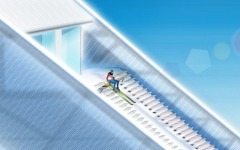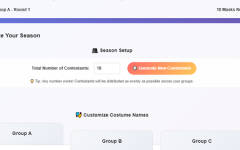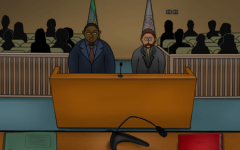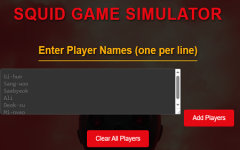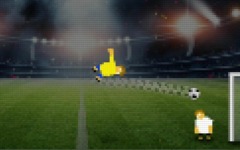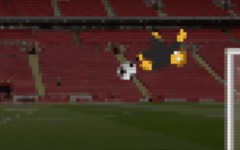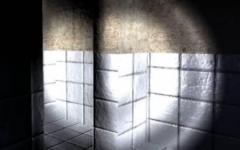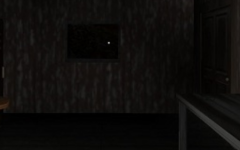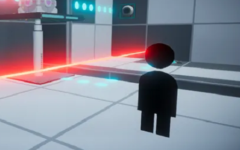Advertisement
Referee Simulator
Advertisement

Referee Simulator is a game that places the player in the role of a match official. Instead of controlling a team or managing athletes, the player is responsible for enforcing rules, making calls, and maintaining fairness during matches. The simulation covers various aspects of being a referee, including decision making under pressure and handling unpredictable situations on the field. The game’s structure emphasizes judgment and observation more than direct physical action.
Gameplay Structure
The main loop of Referee Simulator involves observing play, identifying fouls, and applying the correct rules. Players must pay close attention to movements, collisions, and tactics used by teams. Once a situation occurs, the referee decides whether to issue a warning, give a card, or let play continue. Timing and accuracy are important, since incorrect calls may influence the flow of the match. Some versions also allow video review or consultation with assistant referees.
Core Features
Referee Simulator includes a variety of systems that replicate the role of officiating. Players encounter tasks that require quick thinking and rule knowledge. Common features include:
- monitoring players and tracking infractions
- issuing yellow and red cards when necessary
- stopping play to review fouls
- using advantage rules to keep play moving
- managing interactions with coaches and fans
This list represents the essential mechanics that form the foundation of the simulation.
Visual And Audio Presentation
The visual design typically shows the field, players, and referee indicators in clear form. The camera may switch perspectives to give a better view of incidents, such as tackles or disputes. The interface includes tools for signaling cards, whistles, or replays. Audio supports immersion with crowd noise, whistles, and reactions from players. Together, these elements create an environment where decisions feel connected to the dynamics of a live match.
Replay And Challenge
Replay value in Referee Simulator comes from the variety of matches and the unpredictability of situations. Each game unfolds differently depending on how teams play, forcing the referee to respond with judgment calls. Players can challenge themselves by maintaining consistency across several matches, improving accuracy, or handling more complex scenarios such as tournaments. The open-ended nature of matches makes the simulation useful for both short practice sessions and longer campaigns where reputation as an official can be built.





















































































































